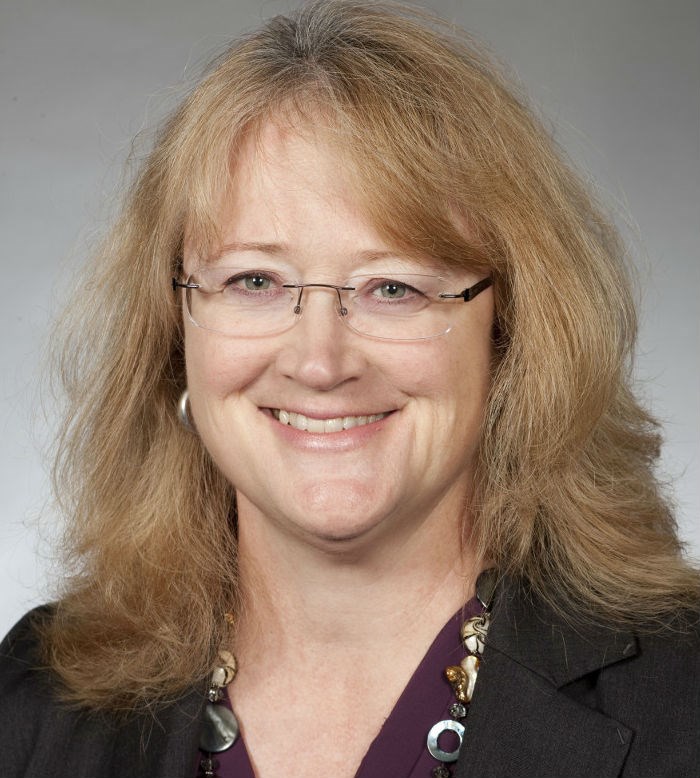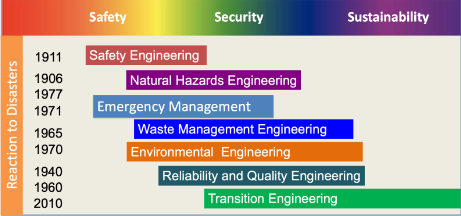
Professor Susan Krumdiek joined us from a virtual Panmure House as a speaker at the fifth Hutton Series Session on the 18th of May 2021.
One year on from the Series she gives us her perspectives post COP26 and on one of our TEN KEY PRIORITIES, INNOVATIONS AND ACTIONS TO MITIGATE CLIMATE CRISIS ‘The Role of Engineering in Addressing Climate Change ’
We know that the technical enterprise has delivered all the water, food, energy, housing transport, buildings, and products that we in the OECD countries currently completely rely on to meet all of our needs. We also know that this successful technical enterprise is responsible for the climate crisis and biodiversity collapse. Our engineering success, and the economic system built on that success is not sustainable. In 2015, the World Federation of Engineering Organisations (WFEO)[1] issued a statement in response to the COP21 Paris Agreement. The statement of ethical responsibility applied to all engineers to take actions required to safeguard humanity’s future. In November of 2021, the COP26 Glasgow Accord gave unambiguous requirements for action: 80% reduction of emissions must be accomplished within the next two decades. Engineers can clearly understand the IPCC 5th Assessment Report [2] of the probability of exceeding 2 degrees Celsius global warming as a “failure limit” on loading the atmosphere and oceans with CO2.
The role of engineering in addressing climate change is clear from the top-level view:
- Change every engineered system to use 80% less fossil fuels and materials
- Adapt end use and economic activities to the new climate-safe consumption levels
- Re-develop assets to be resilient to the locked-in climate hazards
- Innovate and deliver regenerative technical enterprises
At this point we could make a lengthy list of “solutions” technologies. As engineers we are hard-wired to get to solutions, step up and get on the job. But in this case, that would be the wrong response. History provides the evidence that the “solutions” currently at the top of the list being put forward by lobbyists have not reduced fossil fuel production. The Hutton Series on Climate Change Final Report [3] included the list of solutions. But it also included a hint of something new. Now, one year later, there have been research papers exposing the false promises of the solution technologies; the unintended consequences, the hidden costs and the technical incongruities. But there was one key innovation highlighted in the 2021 Final Report that has grown, gained traction, and become the foundation for a corrective trans-discipline in engineering.
There is one key priority, innovation and action that has always been the way that unsustainable practice was downshifted effectively, and rapidly. This is the corrective trans-discipline. A corrective trans-discipline is a duty of care practice that emerges within engineering fields in response to failures of engineered systems that were contemporaneously successful, profitable and legal. An early corrective trans-discipline is sanitation engineering, which followed the cholera outbreaks caused by successful water supply and drainage systems. Another is boiler safety engineering in response to widespread boiler explosions. The corrective trans-discipline of most interest is Safety Engineering which emerged shortly after the Triangle Shirtwaist Factory disaster in 1911 in Manhattan USA. The figure below gives a sample of corrective trans-disciplines and the dimensions of safety, security and sustainability that they address. The term corrective refers to the duty of care work to prevent what is preventable. Unfortunately, failures that injure or cause loss of life, loss of property or access to resources, and failures that commit future generations to degraded wellbeing and lost opportunities become clear after they happen. That said, one of the hallmarks of corrective trans-disciplines is the diligent attention and investigation of the “worst case scenario” and seeking to understand possible hazards and failures. The head-in-the-sand is not allowed. The term trans-discipline refers to the fact that the core processes and tools are common to application in any field, even though the particular standards, technologies require specialist expertise. For example, Safety Engineering is always a duty of care to protect life and health by preventing accidents and hazards. However, safety in electric power plants is different from safety in highway traffic.

'Corrective Trans-Disciplines have emerged in response to disasters over the past century, the duty of care discipline may address failures of personal health and safety, personal and public security, and biophysical sustainability.'
Transition Engineering
In 2010 it became clear that the Kyoto Protocol agreement to stop the accumulation of CO2 in the atmosphere above the climate safety limit of 350 ppm. The disaster of irreversible and intensifying climate change due to thermodynamic energy forcing triggered 62 engineers to begin the work of developing the corrective trans-discipline of Transition Engineering. This next logical corrective trans-discipline in engineering is the innovation necessary to address climate change. Now the key priority is to rapidly develop Transition Engineering and the key actions are to carry out the communications, negotiations, diplomacy and professional arrangements necessary to establish the field and deliver the work into the technical enterprise.
There are three pillars upon which effective engineering disciplines are built:
- Education: Here consider safety engineering or project management, all engineers are aware, some get training, some become leaders and put these fundamentals and tools to effective use. People at all levels need to have access to appropriate training. Undergraduate engineering includes exposure to the relevant safety, risk management and other corrective trans-disciplines. Thus, the Transition Engineering basics and case studies need to be prepared and included into undergraduate engineering. This will require an awareness by teachers, and inclusion in accreditation by professional organisations. Professional training and specialist education centres will also need to be established.
- Academia: The research groups would be similar to risk management, fire safety, natural hazards, etc. There need to be research groups supported by industry delivering to the advancement of knowledge, tools, practice and enabling technologies. As with Natural Hazards or Air Pollution Engineering, it will be sufficient to have a few well-supported research centres. It will also be necessary to have awareness and participation across all fields.
- Professional: A professional organisation, branding, and demand for the duty of care needs to develop. Professionals must apply established science using accepted methods, comply with regulations, follow standards. They are asking for these tools in their fields to apply the discipline of preventing what is preventable as a normal part of the job.
[1] http://www.wfeo.org/declarations/
[2] https://www.ipcc.ch/sr15/chapter/chapter-2/
[3] 7 https://www.panmurehouse.org/programmes/hutton-series/series-reports-perspectives/


